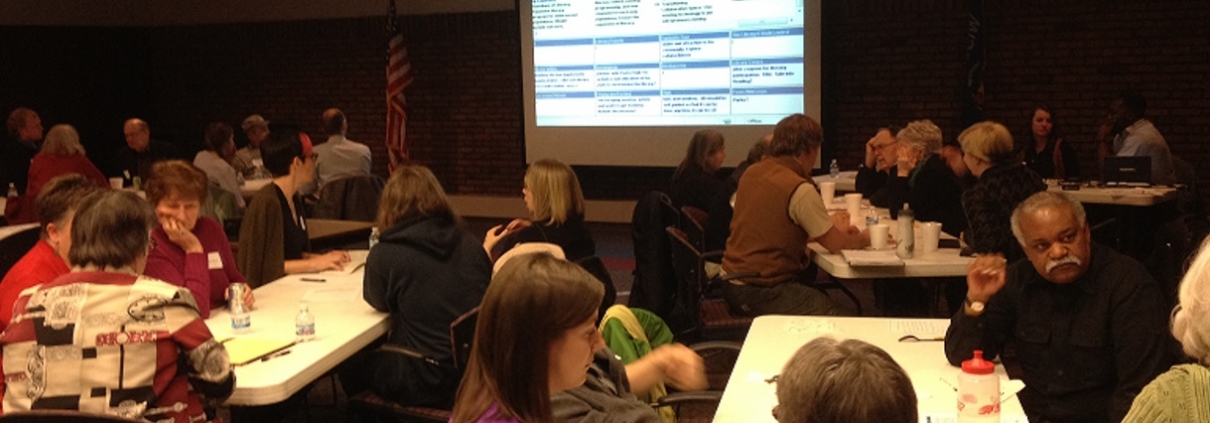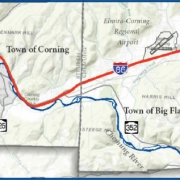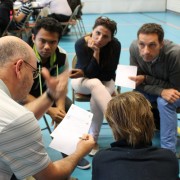Just when some pundits were announcing the demise of the public library, and politicians are trying to defund them, libraries are undergoing a major revival as centers of community re-invention.
You can call it Carnegie 2.0.
Cuts to library budgets seems to be a bi-partisan effort. For example, in 2010 New Jersey Governor Christie slashed funding for libraries soon after becoming governor in 2010. In the same year, Newark Mayor, now Senator Corey Booker, cut the budget of the city’s library by 20% when be first became mayor.
It is not all books anymore, although they are not going out of fashion. And googling stuff is no longer reliable, as the Internet is fast becoming a place for “alternative facts”, which are not facts at all.
- Starting a new project or business, creating a new product or service, or making things
- Building a resume and finding a job
- Checking out community talent in the same way you check out a book or a movie
- Acquiring skills and knowledge, packaged up in smaller chunks, just when you need it
- Offering internships for community projects
- Enjoying edutainment for toddlers, children, teens and adults
- Critical community conversations
- Meeting and socializing with others
- Working with your tutor or mentor
The new roles for librarians are:
- Honest brokers between a rapidly expanding number of disciplines, each with its own specialist language, ways of seeing the world, and growing distrust of other models/frameworks
- Validators of knowledge of vital importance to communities and organizations who wish to make good decisions
- Facilitators of crucial conversations between a diverse range of interests, particularly in community decision making and planning, policy making, and implementation
- Curators of new and ever more diverse collections, including tools, methods, processes, systems and talents.
- Mentors, so curation, categorizing and research become skills that everyone routinely uses.
- Trusted partners, helping people and their organizations build the capacity for the wise application of knowledge, so they become much more than “learning organizations”.
- Conveners for meetings, events, exhibits, safer refuge in emergencies, making and designing.
- Community systems integrators, connecting organizations and talents in the community, and employing their skills and resources to help their people adapt successfully to change.








Leave a Reply
Want to join the discussion?Feel free to contribute!